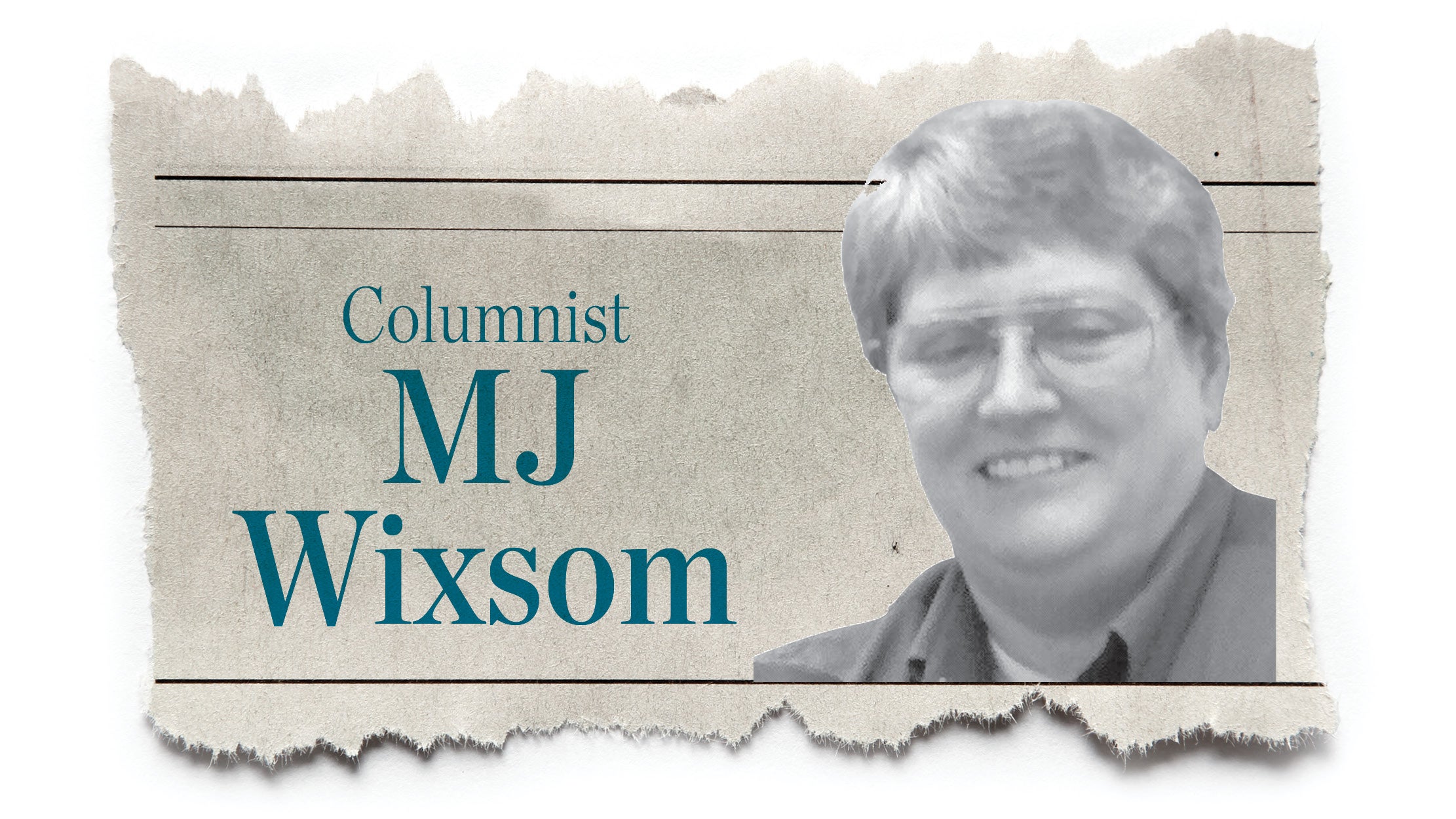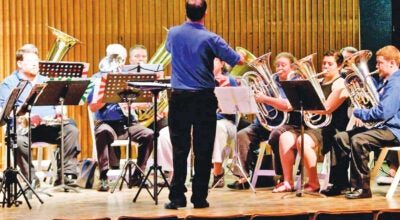Life Lessons 101
Published 10:10 am Thursday, December 10, 2009
In the financial literacy course at Green High School, students will never have to complain that they will not use the information they learn.
With topics like debt, credit cards, interest rates, savings, investments, real estate and purchasing a first car, the class covers most of the basic information needed for surviving in the real world.
Mindy Clark, a business teacher, has been teaching the class to juniors at the school for the past four years.
“It’s really important,” Clark said, adding that in the midst of a struggling economy it is even more important for students to learn the ins and outs of finances. “Each kid is going to experience this, buying that first car or taking out college loans.
“It’s going to affect each and every one of them in a different way.”
Other topics like bargain shopping, consumer awareness, credit bureaus and budgeting are also covered in the course.
For the past two years, financial literacy has been required for every junior at Green.
Before that, Clark taught the course as an elective.
Next year, the course will become a state requirement for high school students.
Clark tries to convey to students that financial literacy is more about their behavior than knowledge, she said.
“If they have the behavior, then the knowledge will follow,” Clark said.
Adam Otworth, a student, said the class is teaching him to save for a car rather than take out loans, which could cost him more in the long run.
“I might get a better deal,” Otworth said.
Otworth is also preparing for college.
The high school junior said his parents plan to pay for his first two years and he will work to pay for the last two years.
“I’ll use the bargain hunting skills in college, so that will come in handy,” Otworth said.
The class also covers a unit on job prep that includes writing a cover letter, resume and a experiencing a mock job interview.
Clark said the mock interview is important because even the students in her class who have jobs have not had a formal job interview.
Instead, most have acquired a job because they know someone at a particular business. In other instances the interviews have been very informal.
“I think that jobs are so few and far between that they need to have a jump start, kind of an upper hand,” Clark said.
Student Katie Lewis said the things she has been learning in class have been useful.
“We’re actually learning about money and stuff,” Lewis said. “How to use it and how to save for college and not go into debt.”
Lewis has also been passing along her newfound knowledge to her parents, she said.
“(My mom) doesn’t really like it when I tell her what to do with her money,” Lewis joked, adding that her mother is already good at saving money by bargain shopping.
The class has also taught Kelsey Reeder many things.
“I’ve learned how to better manage my money,” Reeder said. “I’ve learned how to save for my retirement. I’ve learned how to save for college.
“This is the first time I’ve ever learned about this stuff.”
Both Lewis and Reeder said the class is helping them decide on a career path.
“The test we took today helped confirm that I want to do something in the medical field,” Lewis said.
Reeder plans to go to Marshall University to study physical therapy, a decision she says the class spurred on.
“It kind of solidified everything for me,” Reeder said.
Olivia Huffman said the information she learns in class is helpful when she decides how what to do with the money she learns at her part time job.
“I like it,” she said of the class. “I think it’s a good class. A lot of people need it and it’s really good information that you’ll use.”
Huffman’s reaction to the class is not unique, as most of the students seem to enjoy it, Clark said.
“They really seem to like it,” she said. “They don’t know this information. If no one teaches them outside, who’s going to teach them?”




